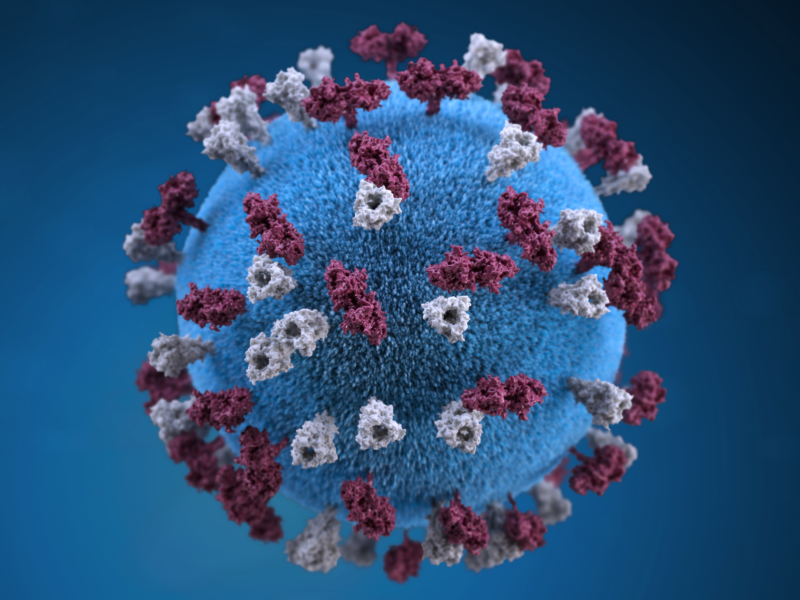Respiratory illness is all the rage these days. Among news of novel influenza and coronaviruses in faraway lands, you may find mystery respiratory illness reports from somewhere more local.
Last Thursday, May 16, the Alabama Department of Public Health was notified of three cases of pneumonia, with no known cause for illness, in Dotham County. This report turned into a cluster of respiratory illnesses. On May 21, the Department of Public Health released a statement letting the public know that it was investigating seven cases of respiratory illness, two of which had died. Should a member of the public experience “symptoms of fever, cough and shortness of breath, please contact your health care provider to be evaluated.”
Tweeps began a-tweeting and soon health and medical writers around the nation were inwardly groaning at the thought of yet another respiratory illness outbreak to cover. Many bloggers and writers have been furiously following the H7N9 and coronavirus information coming out of China and the Middle East.
Diagnostic tests quickly eased tensions, showing, by May 17, that one patient tested positive for the well-known influenza A H1N1. By May 19, another patient tested positive for the also mundane influenza AH3.
In a news conference today, State Health Officer Dr. Don Williamson reported that test results for seven out of the ten patients have been received, showing a combination of influenza A, rhinovirus (common cold), and bacterial pneumonia were present in the patients.
Williamson affirmed that this is simply a “medical phenomenon,” in which a cluster of unrelated illnesses appears. The patients, he repeated, do not appear to be linked. The reason we picked up on it, he suggests, is because of a heightened sense of awareness given health events elsewhere in the world.
The real news on which Williamson seemed to be commenting was the success of the reporting system. Williamson confirmed that there is really nothing out of the ordinary with this situation; there is often low-level flu activity in the summer months. But one of these days, said Williamson, it will be a novel agent at play. When that time comes, timeliness will be crucial. He thanked the medical and hospital staff in Dotham for their alertness and quick action.

